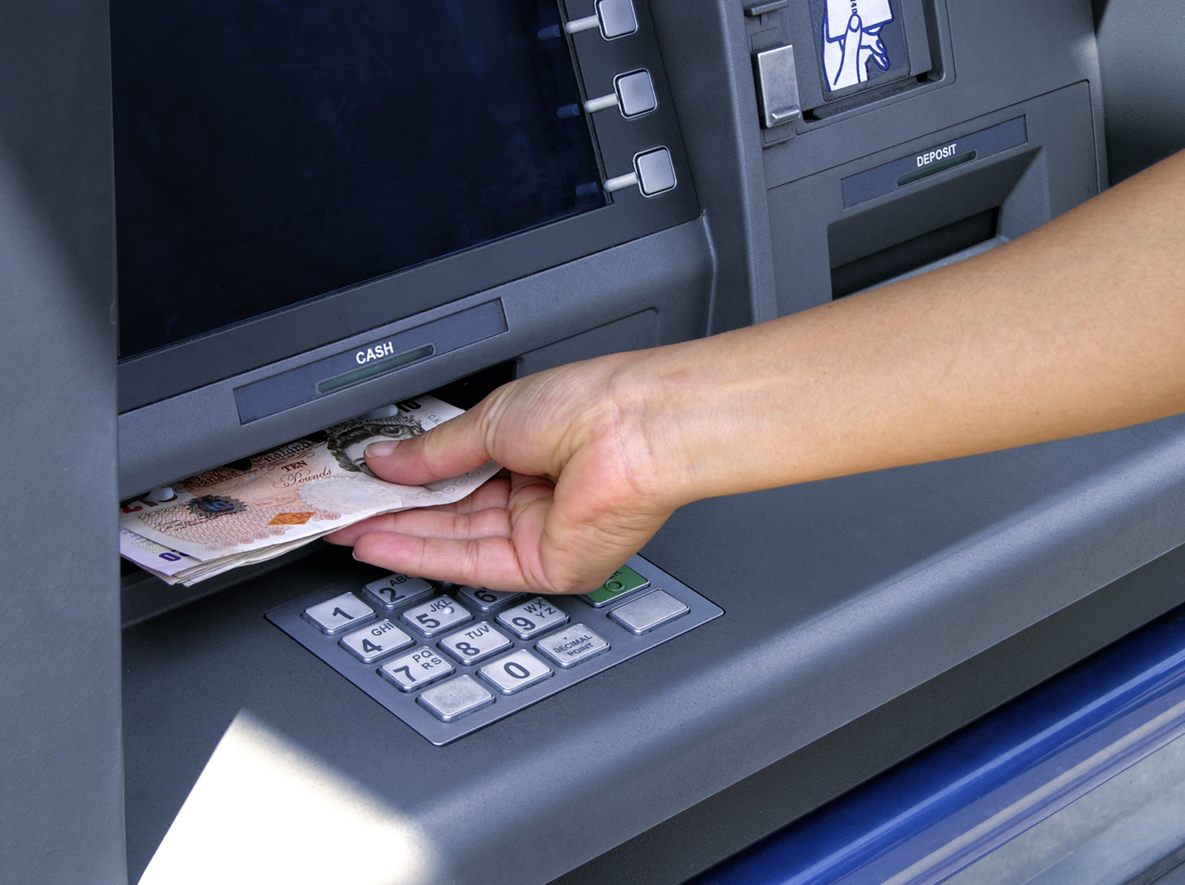‘Smaller but trickier’ household debts are keeping us scrambling to break even, according to new figures from National Debtline, a debt advice hotline.
A decade ago when the world was in the throes of an economic crash, credit cards, loans and overdrafts were the top concerns. But now it is everyday household bills like council tax, rent and energy arrears that are forcing people to dial the hotline for advice. National Debtline’s new report, dubbed ‘A decade in debt’, revealed that the number of calls they are expecting to deal with by the end of 2018 will hit a five-year high of 189,000.
Our new #DecadeInDebt report highlights that our advisers are helping more people with arrears on everyday household bills such as council tax – if you need more information on dealing with council tax arrears our fact sheet can help > https://t.co/manuzG6sgTpic.twitter.com/GgGP2xXM7J
— National Debtline (@natdebtline) September 3, 2018
The calls won’t be sparked by the same debts seen a decade ago – half of the helplines callers are struggling to pay off less than £5,000, up from 22 per cent in 2008.
The Money Advice Trust – the charity behind the helpline – also reported that ‘broken budgets’ were behind the increased difficulty in paying off small debts. That stems from not having enough income to cover essential spending and was the reason why almost half of callers dialled up. Again, this was up from levels seen in 2009 when it sat around 27 per cent.
Council tax arrears – which The Big Issue recently investigated – troubled three in 10 callers while rent arrears calls have risen from six per cent to 17 per cent in 10 years and it was a similar story for energy arrears. Across the board, National Debtline calls have risen every year since 2015 and the Money Advice Trust has called on the government to set-up a cross-party strategy to reduce problem debt. It also recommended that the government’s ‘Breathing Space’ scheme provides protections for people actively seeking advice from creditors as well as action from the Financial Conduct Authority to tackle persistent credit card debt and unauthorised overdrafts.









